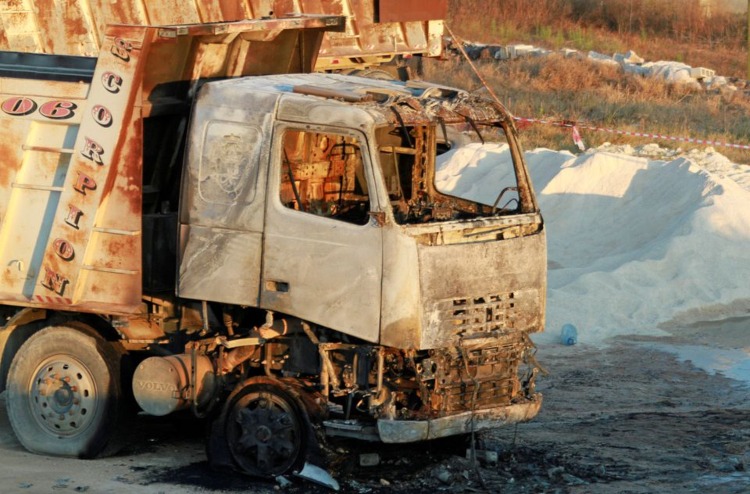Shortly after the central bank announced the end of subsidies on fuel, Lebanon plunged into darkness. An unstable fuel supply that inevitably could not sustain an already struggling nation vanished, and the crisis reached its tipping point on August 13th.
Fuel supplies were officially exhausted, leaving hospitals and essential shops helpless at the risk of forced closures. Many anxious individuals and angry mobs gathered at petrol stations to get their hands on whatever supply they may find and highways turned into parking garages as fuel ran out.
The fuel crisis dealt a deadly blow to the Lebanese people who continue to suffer the brunt of a paralyzing economic crisis and relentless power cuts. With no electricity under unprecedented temperatures, families were forced to live on balconies and struggle for air.
Shortages in medicine and food, along with unstable and catastrophic increases in prices were already pushing the population to the brink. With no money, no food, no medicine, no electricity, and no internet, the inhumanity of the living situation is indescribable.
A humanitarian crisis
The American University of Beirut Medical Center (AUBMC) made an urgent appeal stressing the imminent disaster that will follow when fuel runs out. The gut wrenching announcement details how 40 adults and children will die immediately after a forced shut down due to fuel shortages as of August 16th. This loss of life will only worsen when hundreds of cancer and dialysis patients miss their treatment. AUBMC called for aid from the Lebanese government, the United Nations, and the World Health Organization to help prevent the already dire situation at AUBMC.

A catastrophe on all levels, Lebanon awoke on the morning of August 15th with yet another disaster. In northern Lebanon, a fuel tank explosion killed at least 28 people and injured 79. Military officials said the explosion occurred during the process of seizing a black market fuel tank. Around 200 people were near the explosion in the Akkar region’s town of Altalil, a low-income area in Lebanon.
Dozens of severe burn victims were rushed to hospitals as the international community stepped in to offer help and treat the injured and the Red Cross remains active on the site of the explosion. Frustrated mobs gathered in anger as this disaster struck nearly a year after the Beirut Port Explosion.
The situation in Lebanon remains desolate as crises hit relentlessly and in tandem. Pray for the victims and the wounded, and pray for the resilience of Lebanon.


